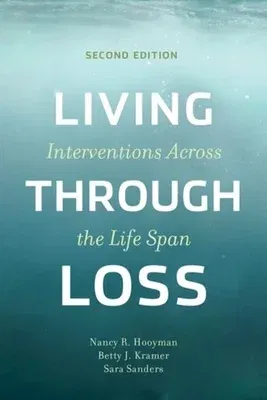Living Through Loss provides a foundational identification of the many
ways in which people experience loss over the life course, from
childhood to old age. It examines the interventions most effective at
each phase of life, combining theory, sound clinical practice, and
empirical research with insights emerging from powerful accounts of
personal experience.
The authors emphasize that loss and grief are universal yet highly
individualized. Loss comes in many forms and can include not only a
loved one's death but also divorce, adoption, living with chronic
illness, caregiving, retirement and relocation, or being abused,
assaulted, or otherwise traumatized. They approach the topic from the
perspective of the resilience model, which acknowledges people's
capacity to find meaning in their losses and integrate grief into their
lives. The book explores the varying roles of age, race, culture, sexual
orientation, gender, and spirituality in responses to loss. Presenting a
variety of models, approaches, and resources, Living Through Loss
offers invaluable lessons that can be applied in any practice setting by
a wide range of human service and health care professionals.
This second edition features new and expanded content on diversity and
trauma, including discussions of gun violence, police brutality,
suicide, and an added focus on systemic racism.

